Keywords: Intervention
There are more than 200 results, only the first 200 are displayed here.
-
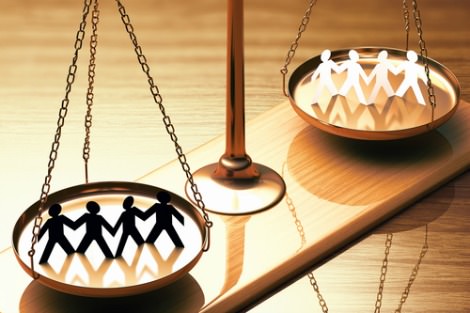
AUSTRALIA
- Somayra Ismailjee
- 03 February 2016
6 Comments
A perception of Muslims as 'savage' and antithetical to peace accounts for incidents where overtly racist people can rejoice easily at the loss of human life, to little negative reaction. When a person is deemed unworthy or bereft of humanity, their death becomes gruesomely welcome. While Islamophobia itself does not define racism, Muslim people exemplify ideas of a cardinal threat against the Anglocentric West, which laterally affects how brown non-Muslim minority groups are treated.
READ MORE 
-
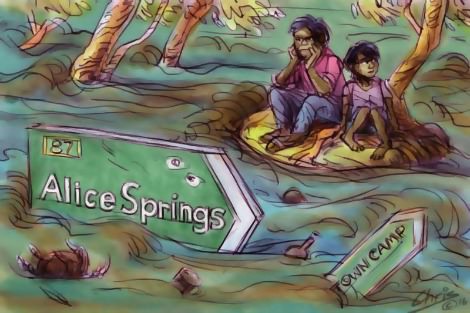
AUSTRALIA
- Mike Bowden
- 29 January 2016
9 Comments
The Northern Territory News and the ABC reported this month that the Central Australian Affordable Housing Company had been unsuccessful in its tender for continuing tenancy services to the Town Camps of Alice Springs. Despite being a product of the Intervention, CAAHC had developed a powerful model of community housing and had the support of the Central Land Council and the wider Aboriginal community. It appears that these are not attributes the NT government admires.
READ MORE 
-
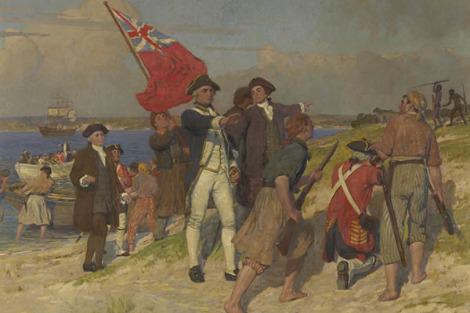
AUSTRALIA
- Andrew Hamilton
- 28 January 2016
4 Comments
The two major challenges facing the world have to do with kindness to strangers and care for the natural world. If the image of the beginnings of Australia is of a boatload of powerful Europeans coming to exploit the land occupied by a primitive people, a better image of future Australia Days might be of Australia sending parties to Indigenous settlements and other nations to discover how to cooperate in the great projects of reconciliation between people and people with nature.
READ MORE 
-
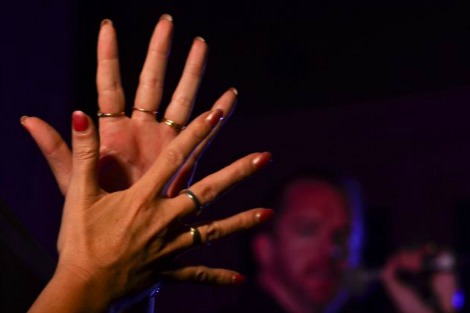
EDUCATION
- Sarah Klenbort
- 20 January 2016
18 Comments
Six years ago my daughter, Kaitlyn, was diagnosed with progressive hearing loss. I was told by an early intervention centre not to sign with her. 'It may interfere with her spoken language development,' they said, though there's no research to support this claim. When she was three, I went against that advice and began studying Auslan. I enrolled my daughter in the bilingual preschool and she learned to sign better than me. She may well be part of the last generation of deaf children to sign in Australia.
READ MORE 
-
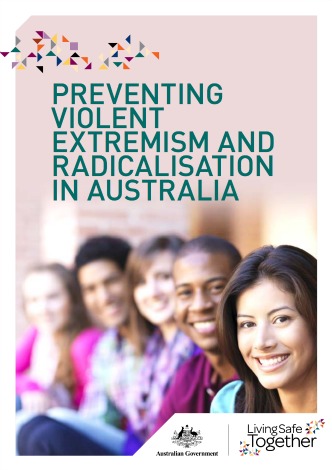
AUSTRALIA
- Andrew Zammit
- 11 January 2016
2 Comments
In September Sydney's Daily Telegraph ran the headline 'Schoolyard Terror Blitz', reporting that 'schoolteachers will be given access to radicalisation information awareness kits explaining how to identify students at risk and what they should do to intervene as concerns grow about the rise of teen terrorists'. As the government prepares to address the involvement of schoolchildren in violent extremism, a controversial program in the UK shows a dangerous path that Australia must avoid.
READ MORE 
-
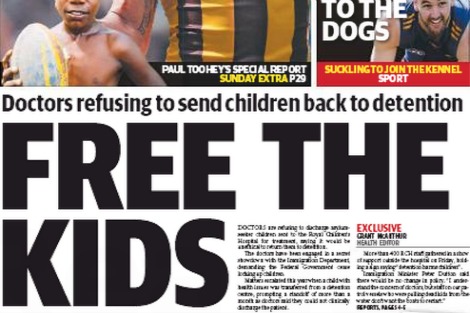
AUSTRALIA
- Justin Glyn
- 11 January 2016
4 Comments
Health care professionals at the Royal Melbourne Children's Hospital have begun to do what could not be achieved by reports from the UN Special Rapporteur on Torture and Australia's Human Rights Commission. The doctors and staff are refusing to release children they treat back to the detention which caused their problems in the first place. By this brave act has begun the slow task of pouring daylight (always the best antiseptic) into this gaping wound in Australian society.
READ MORE 
-
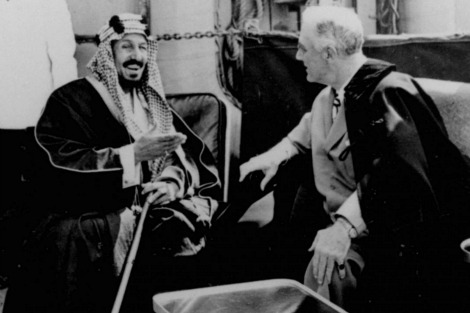
ECONOMICS
- David James
- 15 December 2015
3 Comments
In the early 1990s, America, Europe and Japan accounted for about 90 per cent of world GDP. Now, they account for less than half. The BRICs and other developing nations have grown steadily (in China's case spectacularly) while Europe has stagnated and America has sputtered at best. Recent developments in the geopolitics of fossil fuels and in finance confirm the perception that the rise of China and the developing world spells the end of US global hegemony. Against this backdrop, the narrative of the West has grown increasingly incoherent.
READ MORE 
-

RELIGION
- Frank Brennan
- 03 December 2015
The consideration of medico-legal problems in the public square of a pluralistic democratic society keeping pace with profound technological change is often marked by simplistic assertions, precluding considerations of comprehensive world views, whether religious or philosophical. It is now commonplace for doctors to be told to leave their consciences at the door, as their patients are consumers and they are suppliers and of course the market decides. Debates about law and policy are often resolved with simplistic assertions about individual rights and autonomy, with little consideration for the public interest, the common good, and the doctor-patient relationship. Even conscience is said to be a matter for contracting out. This evening I ask whether there are more compelling ways to resolve medico-legal dilemmas, while conceding a limited role for law in determining the range of acceptable answers.
READ MORE
-
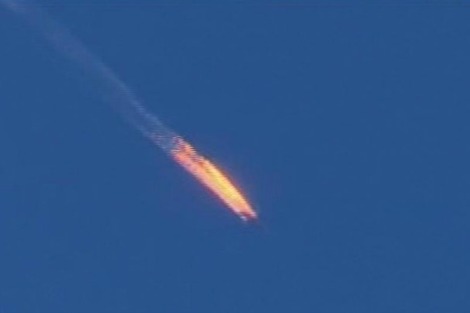
INTERNATIONAL
- Justin Glyn
- 26 November 2015
6 Comments
The downing of a Russian Sukhoi-24 bomber by Turkey reminds us of the risks which attend military intervention. There are, however, a number of additional complicating factors which promise to make the Syrian war even more dangerous and bloody for all sides. The situation could escalate dangerously. If this kind of event is not to become much more common, potentially leading to a much wider war, genuine peace talks with a lot more honesty on each side need to be a priority.
READ MORE 
-

ARTS AND CULTURE
- B. N. Oakman
- 10 November 2015
7 Comments
I'd never met a Vietnamese, couldn't figure what we had against them. But we were raised in shadow of returned men, the shimmer of lapelled bronze, a presumption we in our turn would go when ordered ... Most of us dodged gap years of sweat and khaki, missing madness, maiming, napalm, agent orange, learning how to kill and to piss ourselves out of fear. Instead we were granted head starts with women, front marks in the greasy pole dash, a less congested clamber to unremarkable lives.
READ MORE 
-
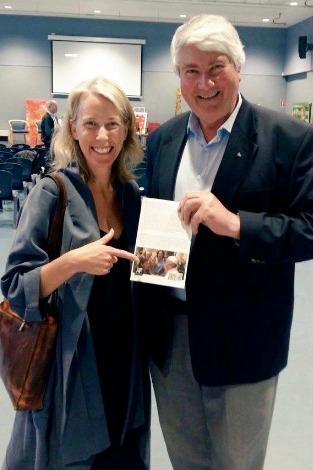
ENVIRONMENT
- Frank Brennan
- 06 November 2015
1 Comment
Francis does not pretend to have answers to the big questions which will confront world leaders when they gather in Paris. But he does think the science is IN, and the evidence is clear that much of the climate change, loss of biodiversity and water shortages are the result of human action. We are blessed to have a pope who speaks to all the world about the prudence, justice and empathy required so that more people on our planet might enjoy integral human development.
READ MORE
-

AUSTRALIA
- Frank Brennan
- 23 October 2015
4 Comments
Francis knows there are all sorts of issues inside and outside the Church where for too long people with power have tried to keep the lid on, in the hope that the problems and complexities will go away, often by parodying those who see the problems or complexities as small 'l' liberals or cafeteria Catholics. He delights in being joyful and troubled while contemplating big problems, calling people of good will to the table of deliberation reminding them of the kernel of the Christian gospels. He has the faith and hope needed to lift the lid without fear and without knowing the answers prior to the dialogue occurring.
READ MORE